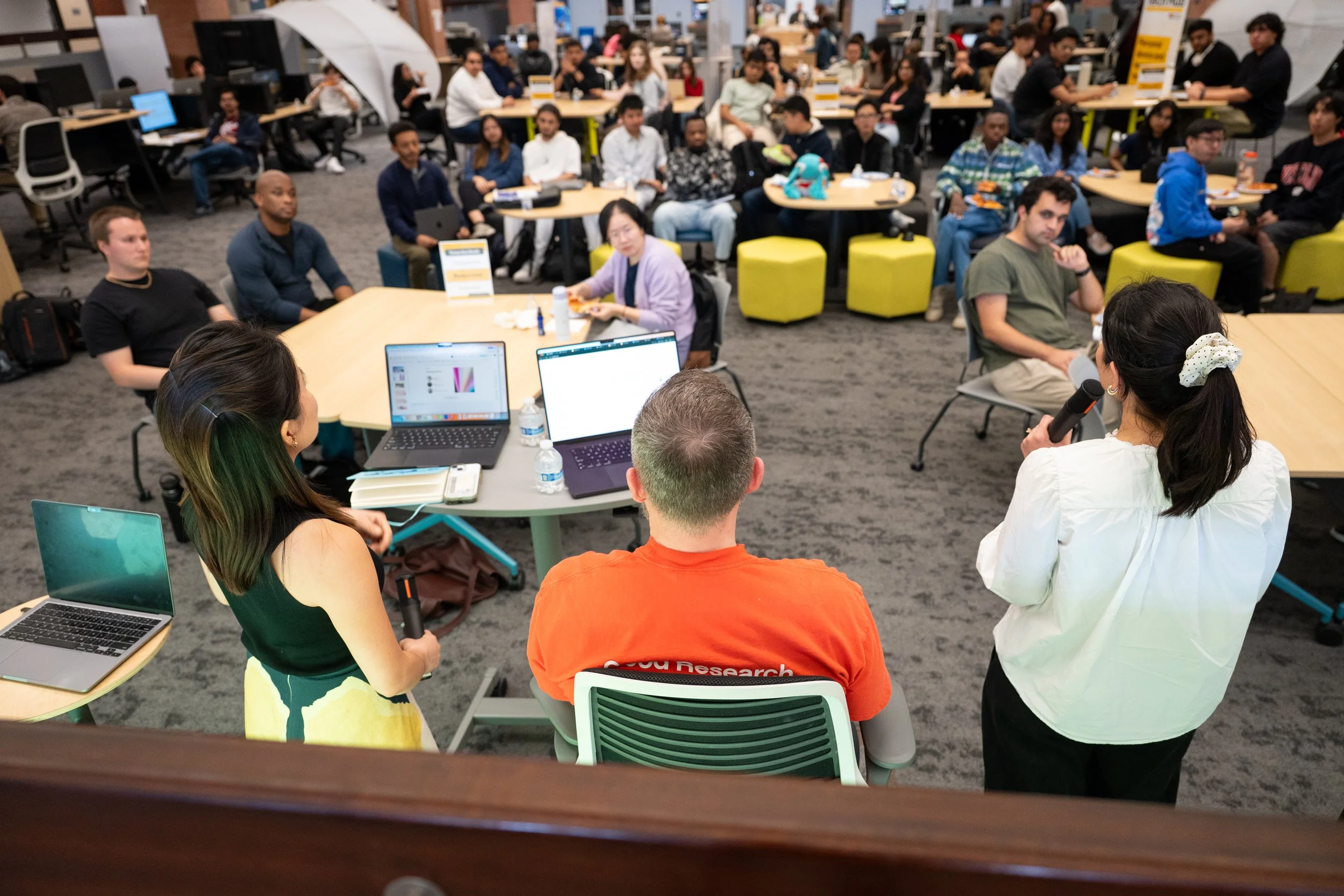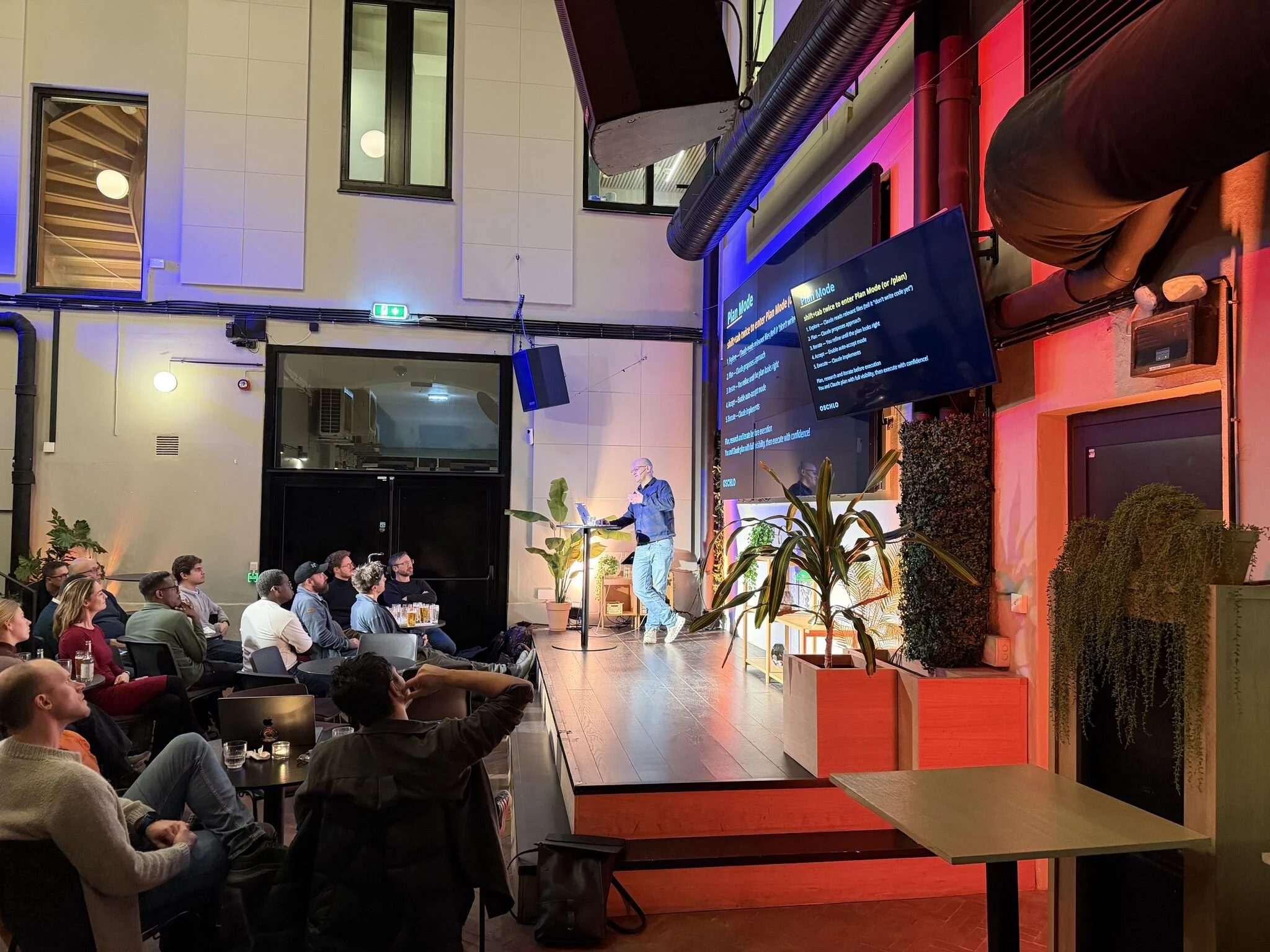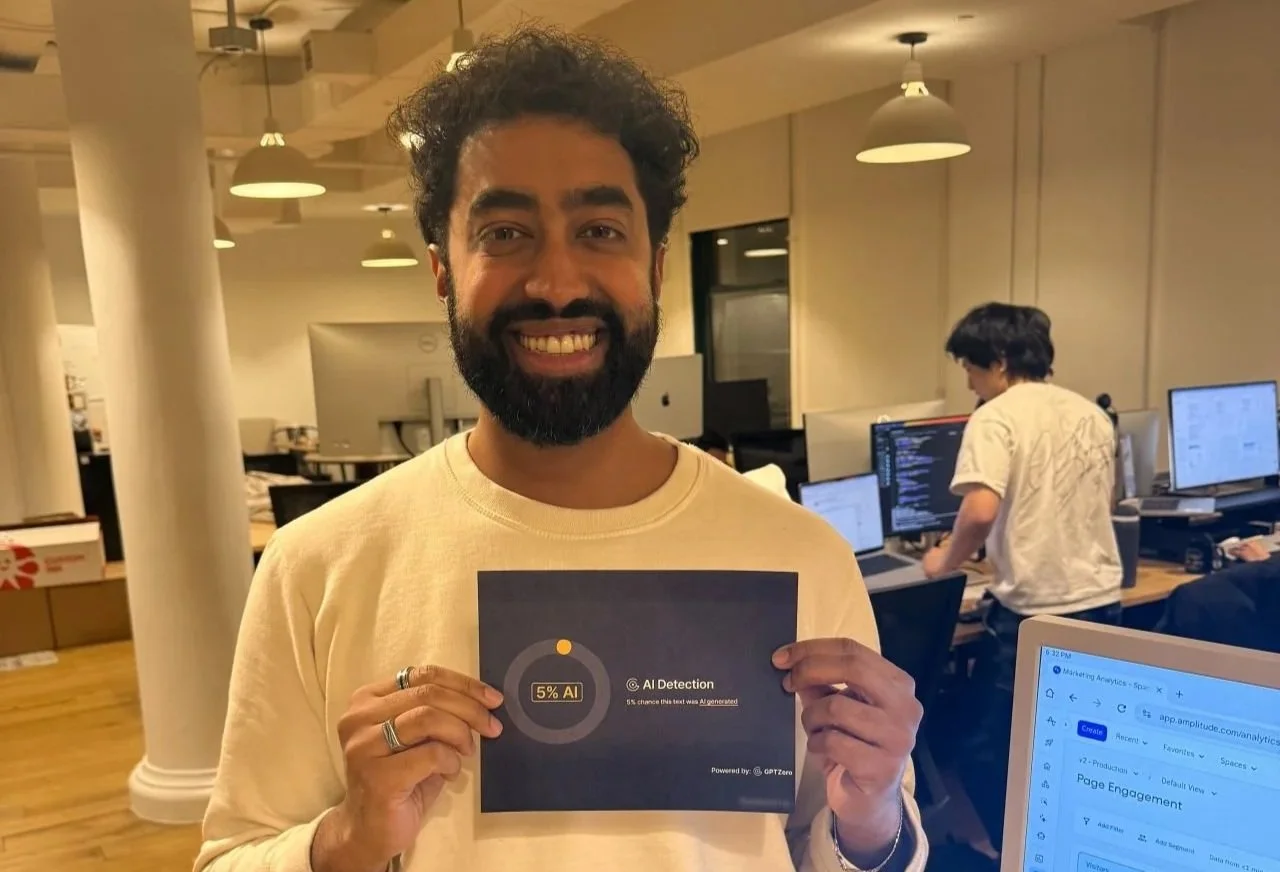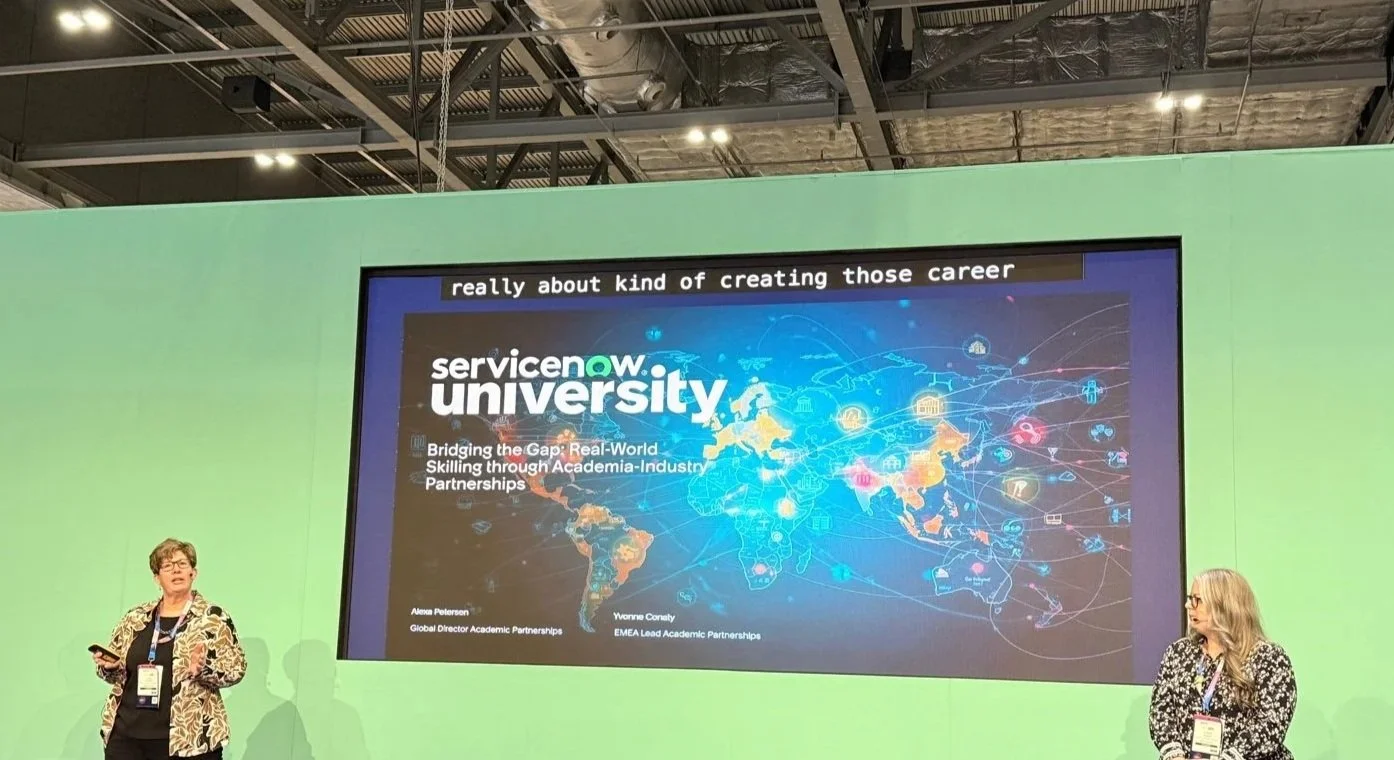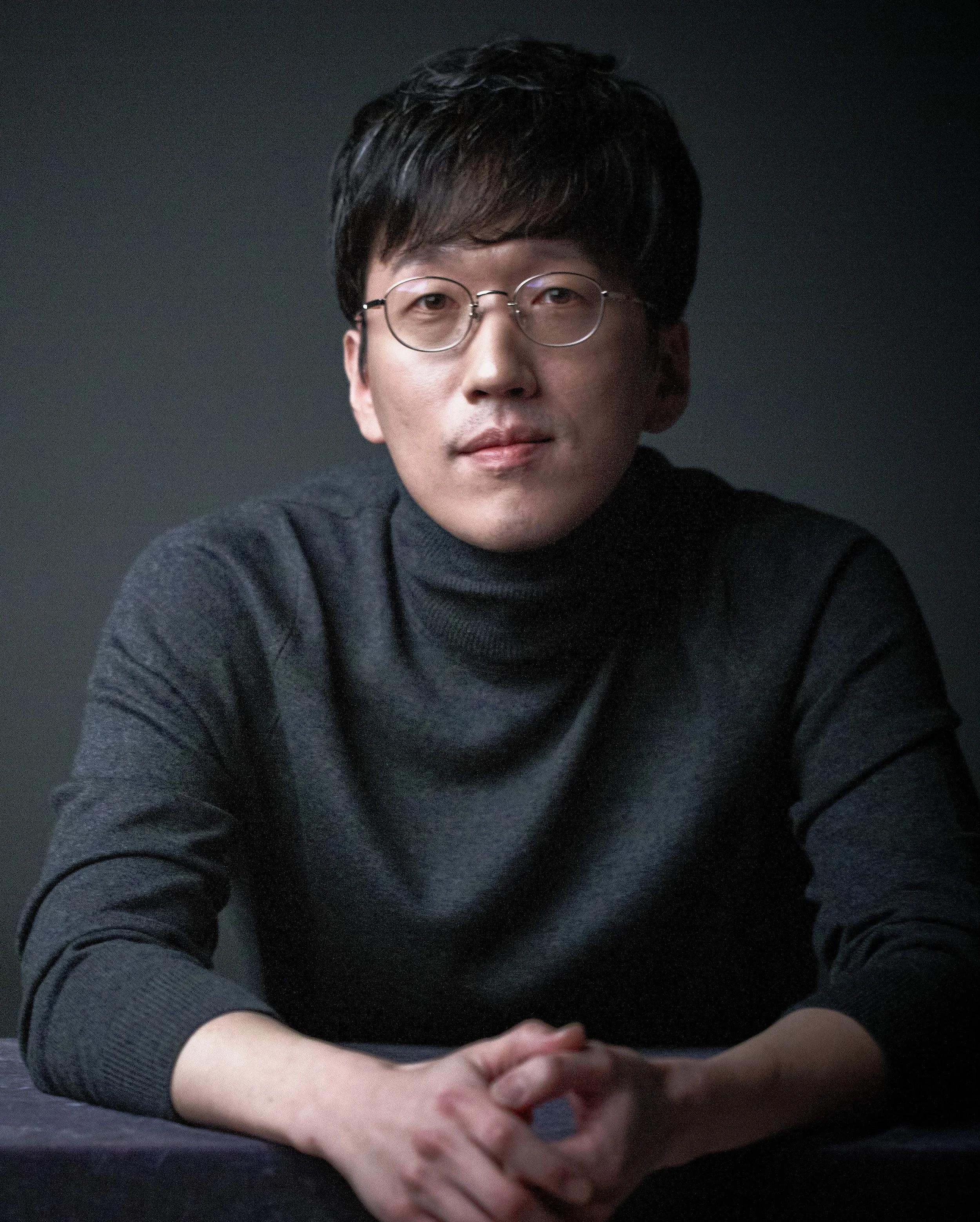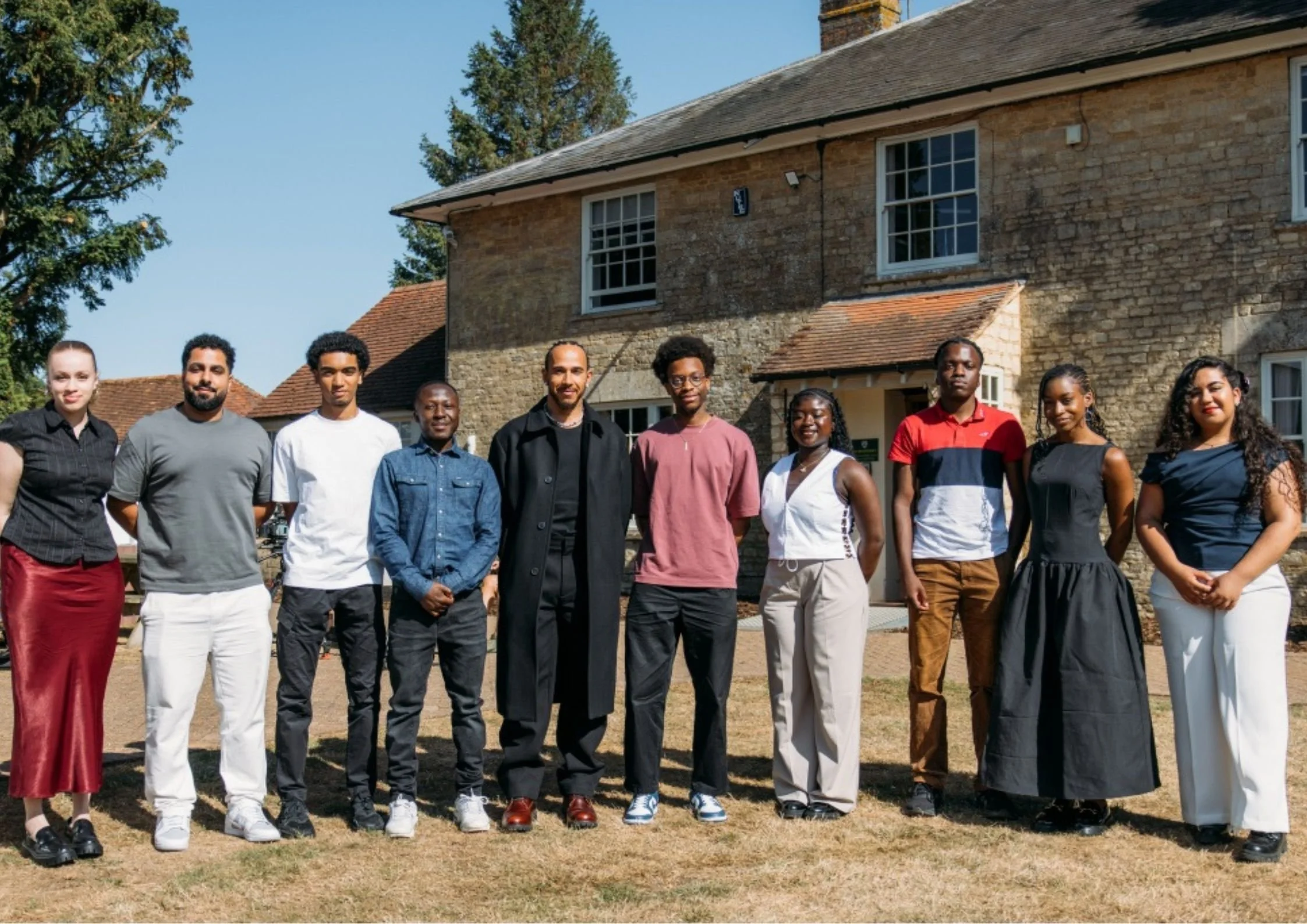Cambridge researchers secure most European Research Council Advanced Grants in latest funding round
Eleven Cambridge academics have been awarded prestigious ERC grants, leading all institutions in the 2025 allocation.
The University of Cambridge, in the UK, has received 11 Advanced Grants from the European Research Council (ERC) in the latest competition, the highest number awarded to any institution.
The ERC, part of the EU's Horizon Europe program, funds senior researchers conducting long-term, high-risk research across disciplines.
Funding competition and outcome
In total, the ERC is distributing €721 million across 281 researchers in 2025. The Advanced Grant program supports exploratory work that can lead to significant scientific advances. Up to €2.5 million may be awarded to each project for a period of five years. Post Brexit, the UK remains eligible to participate under the terms of its re-entry agreement to Horizon Europe, finalized in September 2023.
This year’s competition received 2,534 proposals. Of those, approximately 11 percent were selected. Cambridge’s 11 awards place it ahead of other institutions, with researchers from the UK receiving a total of 56 grants, followed by Germany (35), Italy (25), the Netherlands (24), and France (23).
Estimates from the ERC suggest the 2025 funding round will lead to the creation of around 2,700 new research jobs across Europe.
Cambridge-led projects
The Cambridge awardees are pursuing research in areas spanning molecular engineering, neuroscience, infectious disease, and historical financial systems. These include:
Professor Clare Bryant (Veterinary Medicine), focusing on how cell death pathways influence inflammation during zoonotic infections
Professor Sir Richard Friend (Cavendish Laboratory), investigating molecular semiconductors
Professor Usha Goswami (Psychology), examining speech production as an early indicator of dyslexia and developmental language disorders
Professor Regina Grafe (History), analyzing credit structures in colonial Spanish America
Professor Judy Hirst (MRC Mitochondrial Biology Unit), exploring the function and structure of respiratory complex I
Professor Matthew Juniper (Engineering), working on inference and optimization algorithms
Professor Walid Khaled (Pharmacology), identifying precancerous cellular changes in breast cancer
Professor Adrian Liston (Pathology), researching T cell function in tissue environments
Professor Róisín Owens (Chemical Engineering and Biotechnology), studying organic electronics and the brain-gut axis
Professor Emma Rawlins (Physiology, Development and Neuroscience), working on lung regeneration
Dr Marta Zlatic (Zoology), examining learning variation across species and strains
Sector context and concerns over research funding gaps
The ERC awards are considered among the most competitive in Europe. Despite the substantial funding, over 260 proposals deemed scientifically excellent were not financed due to budget limitations.
Ekaterina Zaharieva, European Commissioner for Startups, Research, and Innovation, says: “These ERC grants are our commitment to making Europe the world’s hub for excellent research. By supporting projects that have the potential to redefine whole fields, we are not just investing in science but in the future prosperity and resilience of our continent. In the next competition rounds, scientists moving to Europe will receive even greater support in setting up their labs and research teams here. This is part of our ‘Choose Europe for Science’ initiative, designed to attract and retain the world’s top scientists.”
Maria Leptin, President of the European Research Council, adds: “Much of this pioneering research will contribute to solving some of the most pressing challenges we face — social, economic and environmental. Yet again, many scientists — around 260 — with ground-breaking ideas were rated as excellent, but remained unfunded due to a lack of funds at the ERC. We hope that more funding will be available in the future to support even more creative researchers in pursuing their scientific curiosity.”
Professor Sir John Aston, Pro-Vice-Chancellor for Research at the University of Cambridge, commented: “Many congratulations to our Cambridge colleagues on these prestigious ERC funding awards. This type of long-term funding is invaluable, allowing senior researchers the time and space to develop potential solutions for some of biggest challenges we face. We are so fortunate at Cambridge to have so many world-leading researchers across a range of disciplines, and I look forward to seeing the outcomes of their work.”



